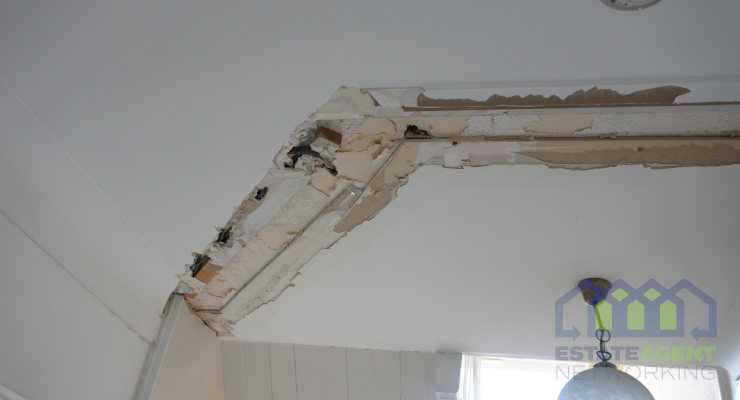Preventing Chronic Issues In a Home
As a homeowner, you never want to have to contend with chronic issues at your property, whether you are occupying it yourself, or whether you are a landlord and are letting the property out to a tenant.
Chronic issues such as systemic water damage, mould, rot, or a termite infestation, can devastate the property value of a home while simultaneously making it unfit for habitation, and giving you a massive mess to try and resolve.
As you could expect, finding ways to properly attend to and investigate chronic issues in your home could be of the utmost importance.
Here are some tips for preventing chronic issues from developing at your property.
Be aware of risk factors such as hard water
Certain potential causes of chronic issues within the home can be spotted more or less immediately, if you are attentive enough to the relevant risk factors.
Whenever you purchase a home or any other property, make sure to have it properly evaluated and inspected, and do your own evaluation as well.
Check your water hardness, for example, so that you can take any precautions upfront that can help you to prevent some of these potential risk factors from developing into more serious issues later on.
To prevent certain appliances from being damaged by limescale, for example, you may want to consider having a permanent water filter installed at the property that naturally softens the water before it gets sent to different outlets.
Likewise, if the property happens to be in an area prone to flooding, you need to make sure that the correct safety and preventative features have been set up in the home to help reduce the risk of this becoming a source of serious home damage.
Address any structural wear and tear as soon as it arises
At the first signs of structural issues and wear and tear at your property – such as, for example, at the first complaint from a tenant that the home has mould, or that there is a small amount of water leakage – it’s important to get the issue investigated and addressed as quickly as possible.
In many cases, you can spare yourself a major headache by nipping things in the bud, and dealing with these sorts of issues at the outset, before they have a chance to become more chronic and to do more infrastructural damage to your home as a whole.
Regularly inspect the property
Taking the time to regularly inspect your property and ensure that it is up to the standard that you want for it, is important in order to avoid and mitigate any potential issues.
If you are a landlord, in particular, you can’t necessarily rely on your tenants to be properly mindful of, and attentive to, any of the early signs of wear and tear, or developing damage.
When conducting regular inspections, you should have a good sense of which tell-tale signs to look out for, including things like signs of water ingress.
Awareness is one of your best tools in the battle against chronic issues in a property.









